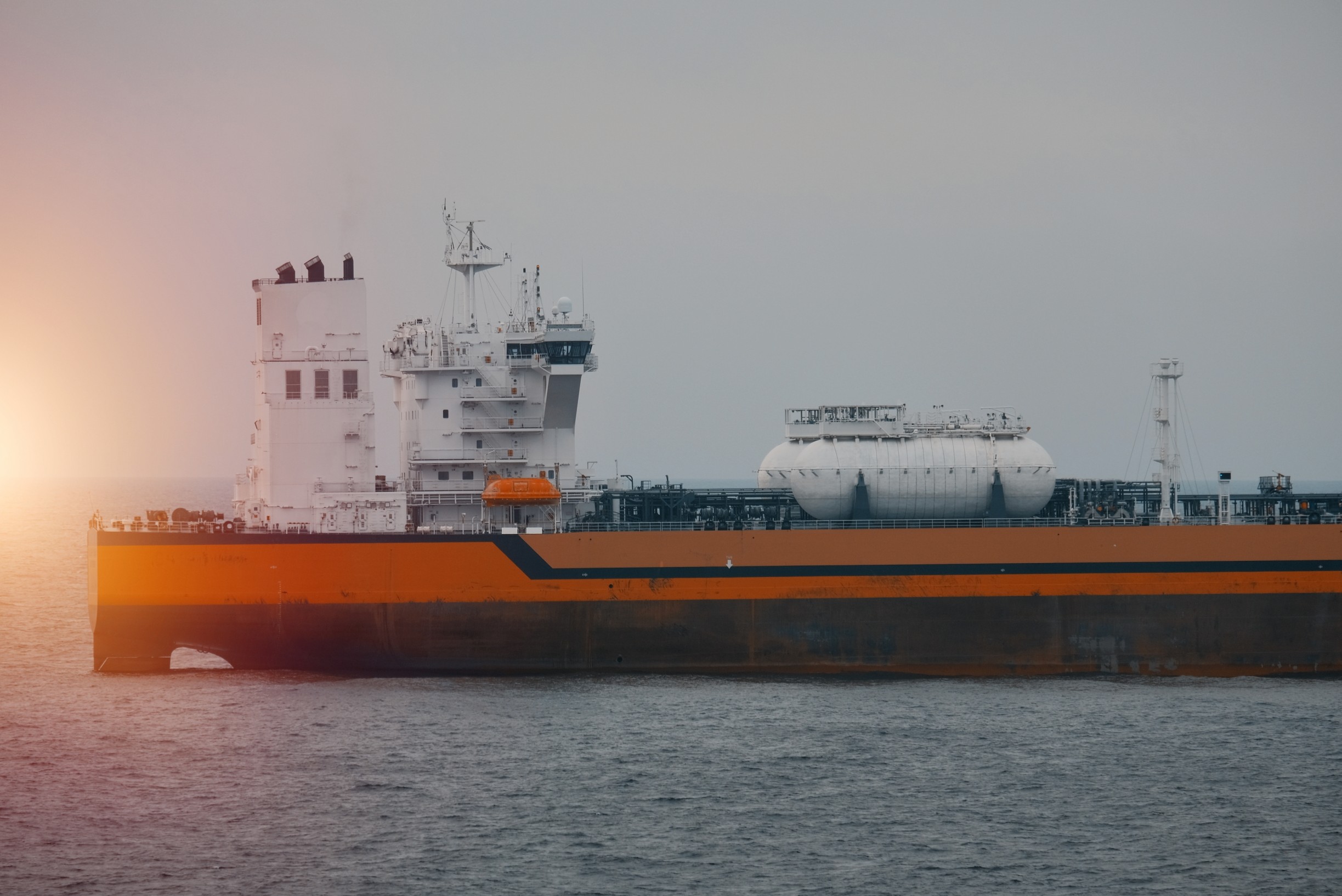
FuelEU Maritime Initiative: Contractual Considerations
November 22nd, 2024
What is the FuelEU Maritime Initiative?
Regulation (EU) 2023/1805 on the use of renewable and low-carbon fuels in maritime transport and amending Directive 2009/16/EC (generally referred to as the FuelEU Maritime Initiative) is due to come into force in January 2025.
It is part of a wider group of environmental measures introduced by the EU, known as “Fit to 55”. The overall objective of these is to accelerate decarbonisation, increase demand for renewable and low-carbon fuels, and decrease greenhouse gas emissions. The EU has set a target of reducing emissions by 55% by 2030, and the FuelEU Maritime Initiative is envisaged as playing a big role in this.
Scope of the Regulation
Currently the FuelEU Maritime Initiative applies to all vessels of over 5,000GT calling at ports within the EU.
The regulation applies regardless of the vessel’s flag state.
What Does the Regulation Require?
- The yearly “GHG (Greenhouse Gas) Intensity” of the vessel in question must be calculated. This involves calculating the greenhouse gas emissions from the fuel used on board, as well as emissions produced by the extraction, production and supply of fuel to the ship’s tanks.
- It is not only emissions within the EU which are relevant. 50% of emissions from voyages which start outside the EU and end at a port within the EU (or vice versa) will also be subject to the regulation.
- The yearly GHG Intensity of the vessel must not exceed the limits set out by the regulation.
- Emissions from eligible ships must be reduced incrementally as set out in the regulation:
- 2% from 1 January 2025;
- 6% from 1 January 2030;
- 14.5% from 1 January 2035;
- 31% from 1 January 2040;
- 62% from 1 January 2045; and
- 80% from 1 January 2050.
- There is an annual reporting and verification process for vessel emissions and a FuelEU Maritime Document of Compliance will be issued to vessels which complete the above requirements satisfactorily.
- If the vessel’s emissions exceed the required threshold, a penalty will be payable by the shipping company responsible for compliance with the regulation. Repeat offending carries more severe consequences (such as the vessel being detained or expelled from ports in the EU).
- The EU has produced a detailed Q&A on exactly how the regulation is intended to operate.
Key Issues for Vessel Operators
Obviously, the regulation represents a major development in terms of the decarbonisation initiatives which are being pursued by the EU. However, there are also potentially significant consequences for the parties to charterparties and vessel pooling agreements, and it is important to bear these in mind when drafting contracts going forward. We set out a few potential pitfalls below.
- Who will be ‘responsible’ for the Vessel?
Under the regulation, the document of compliance holder (“DOCH”) is the only party with responsibility for complying with the relevant emissions requirements and reporting regime. The DOCH will also be liable for any penalties incurred for non-compliance. If the DOCH is the owner of the Vessel, this is a straightforward scenario. However, the DOCH could be another party (such as a manager) with little control over the Vessel and little knowledge of its emissions compliance.
- How will any surplus be dealt with?
The regulation provides a mechanism by which surplus emissions compliance can be ‘rolled over’ into the next year for the same ship. Strictly speaking, this would be for the DOCH’s account only. However, a time or voyage charterer who has paid for alternative fuels, resulting in lower emissions, might expect to be credited for this. In addition, it is somewhat unclear how the value of any surplus would be calculated and how this is to be accounted for. The parties may themselves need to come to an agreement.
- How will operational decisions be made?
If a vessel is under charter, it will be under the orders and directions of the charterers, who may also be required to provide the vessel with fuel. It would, of course, be sensible to impose a requirement in a charterparty that charterers must comply with the FuelEU Maritime Initiative (or account for any non-compliance). However, this could potentially have a very significant impact on the charterers’ freedom to give orders to the vessel.
For example, to achieve compliance charterers may only be able to refuel where alternative (usually more expensive) fuels are available, which will have consequences for the route the vessel is able to take and for the cost of the voyage overall.
- What impact will this have on pooling?
It is possible to ‘pool’ the compliance balance of one ship with a number of other ships, so that the requirements apply to the whole pool. The average of the pool’s emissions must then comply with the requirements of the legislation. The rationale behind this is that compliance will be easier for more modern vessels, and it will accordingly be possible for older vessels to benefit from the greater efficiency of newer vessels.
However, where the pool consists of vessels in different ownership, the terms of such agreements will have to be very carefully drafted. The parties will need to ensure that the number of more and less efficient vessels is balanced correctly and that the benefits of such an approach are equally available to all the parties in the pool.
For example, if one more efficient ship allows several others to be operated in compliance with the regulation, who is entitled to the benefit of this? The owners of the less efficient ships will avoid fines, but the owner of the more efficient ships may obtain value in the form of a compliance surplus.
- How will changes in ownership relate to compliance?
The regulation envisages that the entity responsible for compliance on 31 December of each year will be responsible for the entire year. However, during that year the vessel may be sold, change its chartering arrangements, or change manager, which could potentially impact who is the DOCH. There would therefore need to be significant co-operation between the former and current DOCH in order to ensure compliance requirements are met.
It is unlikely any party would be willing to be responsible for another party’s compliance or any penalties incurred as a result of another party’s action/inaction. It may be necessary for the parties to deal with exactly how such issues are to be resolved by a separate contract, especially if the vessel is part of a pool, has ‘banked’ any compliance surplus, or is being sold.
Conclusion
As with any new legislation there is currently a great deal of uncertainty as to exactly how the FuelEU Maritime Initiative will operate in practice. Parties to charterparties and pooling agreements will need to review these very carefully and ensure their responsibilities are clear, and that they are adequately protected. Mills & Co is of course available to assist with reviewing any such contracts.
Are you on board?
Get in touch